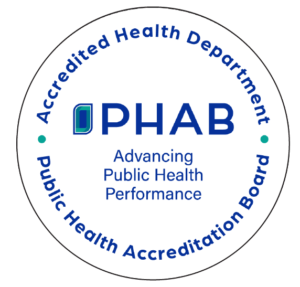The Lake County General Health District (LCGHD) has received test results confirming a single case of Legionnaires’ disease in a Lake County nursing home. LCGHD is currently working with officials from Ohio Department of Health (ODH) and the nursing home to investigate the illness. The nursing home has fully cooperated with health officials and has taken precautionary steps to protect the staff and residents of the nursing home. At this time, the source of infection is unknown. LCGHD is not aware of any other cases at this time.
Legionnaires’ disease is caused by a bacterium called Legionella. The bacterium is named after a 1976 outbreak during which some people who went to a Philadelphia convention of the American Legion suffered a new type of pneumonia (lung infection) that became known as Legionnaires’ disease. A milder infection also caused by Legionella is called Pontiac fever.
In general, Legionnaires’ disease is not spread from one person to another. Most people exposed to the bacteria do not become ill. Legionella bacteria can make people sick when they breathe it in through contaminated mist or vapor (small droplets of water in the air). This can happen when you drink, shower or bathe in contaminated water. About 5,000 cases of Legionnaires’ disease are now reported each year in the United States. About one out of every 10 people who get sick from Legionnaires’ disease will die.
Legionella bacteria grow best in warm water like the kind found in hot tubs, cooling towers, hot water tanks, large plumbing systems and decorative fountains. They do not seem to grow in car or window air conditioners. Legionella is found naturally in fresh water environments, like lakes and streams, but can become a health concern in human-made water systems. Keeping Legionella out of water systems in buildings is key to preventing infection.
Legionnaires’ disease can have symptoms like many other types of pneumonia and can be difficult to diagnose at first. Signs of Legionnaires’ disease include:
- Cough
- Shortness of breath
- High fever
- Muscle aches
- Headache
These symptoms usually begin two to 14 days after being exposed to the Legionella bacteria. If you believe that you were exposed to Legionella and have these symptoms, please talk with your doctor. Legionnaires’ disease requires treatment with antibiotics and may require hospitalization.
For additional information about Legionnaires’ disease, visit http://www.cdc.gov/legionella/index.html.

